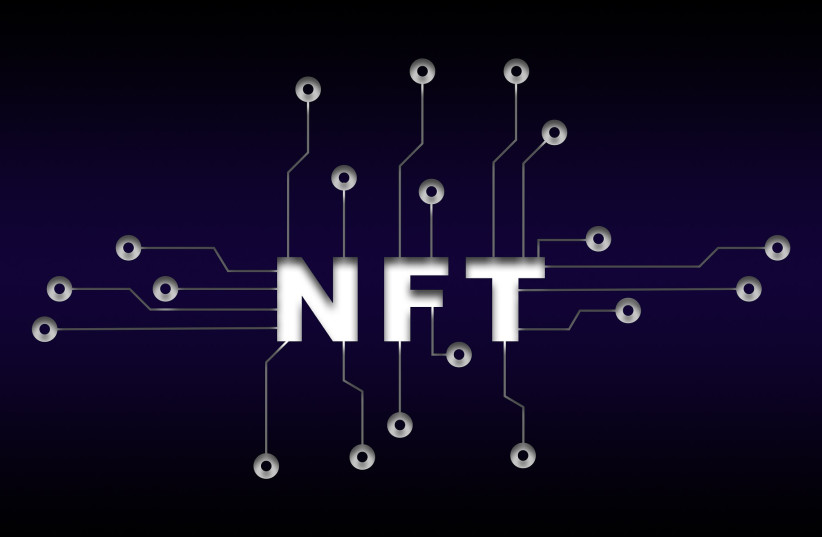The Chasdei Naomi charity launched a series of NFTs (non-fundable tokens) depicting the personal histories of Holocaust survivors the organization works with to honor Holocaust Remembrance Day.
Volunteers transformed the testimony of Raisa Rossman, who kept the coat worn by her brother Moses when he was shot at age six, to a digital artwork which can be purchased for 0.03 Ethereum (around NIS 293). The sale ends on October 22.
NFTs are all the rage at the moment as reports of outlandish sale figures, $6.6 million (NIS 21.7m.) for an NFT of a digital Donald Trump with the word loser on it by the artist known as Beeple for example, generate a great deal of interest in this highly speculative market.
Jewish cultural activists are now exploring this brand new world – named the Metaverse by British science fiction writer Neal Stephenson in his 1992 novel Snow Crash – with surprising originality and a dash of concern.
Remembering the Holocaust is important only if one accepts the premise that it actually took place, which is why Holocaust deniers often attempt to gash holes in its historical validity. How can such a complex history, which engulfed a continent of millions for years, be given an avatar or a social media account? Would it not cheapen the emotional heart of a survivor’s tale if it is told at the same digital space where teenage girls pretend to have cat ears?

In the case of Chasdei Naomi, the sale is meant to raise awareness to their real-world efforts of delivering meals to the poor, some of whom are Holocaust survivors. To shine a spotlight on volunteers, like Sharon Yaglin to whom Raisa shows the coat, who form a bond with them. Perhaps a little charity money would be raised via the sales and some dignity restored to the elderly men and women depicted. Olga, a Holocaust survivor who kept body and soul together by eating cattle feed during the war, is presented as a super-hero.
Now, Chasdei Naomi spokesperson Tamir Haas says, “she is forced to survive a financial Holocaust” and relies on food aid provided by his organization. Roughly 10,000 Holocaust survivors are in the same situation, a press release on behalf of the charity claims.
“We launched the NFT project two days ago,” he told me, “and we already got the interest of Chinese news agency Xinhua.”
“We live in a rapid technological age. The memory of the Holocaust, history itself, how NGO’s work – all have to adapt or be left behind,” he noted.
“I really do not see another option here. Unless we set in stone a truth-based narrative about the Holocaust now, we will be open to attacks by revisionists a generation or half a century from today,” he argued.
If you would prefer something with more edge to it, why not consider buying Death Metal Grandma NFTs? Inge & the TritoneKings were a German heavy metal band formed by Holocaust survivor Inge Ginsberg who passed away last year. Not only can you enjoy her song Totenköpfchen (Laugh at Death), online, you can buy NFTs of her performing with half-naked dancers, according to a report in eJewishPhilanthropy.
This surge is not limited to NFTs alone. The Light in the Darkness, a video game depicting the experiences of a Polish-Jewish family living in occupied France during WW2, is set to be released this year.
Co-created by Holocaust survivor and educator Joan Salter and British game-designer Luc Bernard, Wired noted last year efforts were taken to keep the game historically accurate. For example, French policemen are depicted as rounding up the Jews, not German soldiers.
Bernard noted in a game-trailer that, unlike other games, the player cannot change the outcome. In this context, it means to change history. The game hopes to be that industry’s answer to the 1993 film Schindler’s List.
